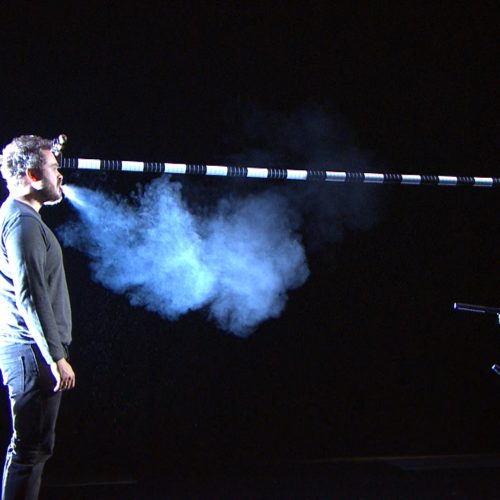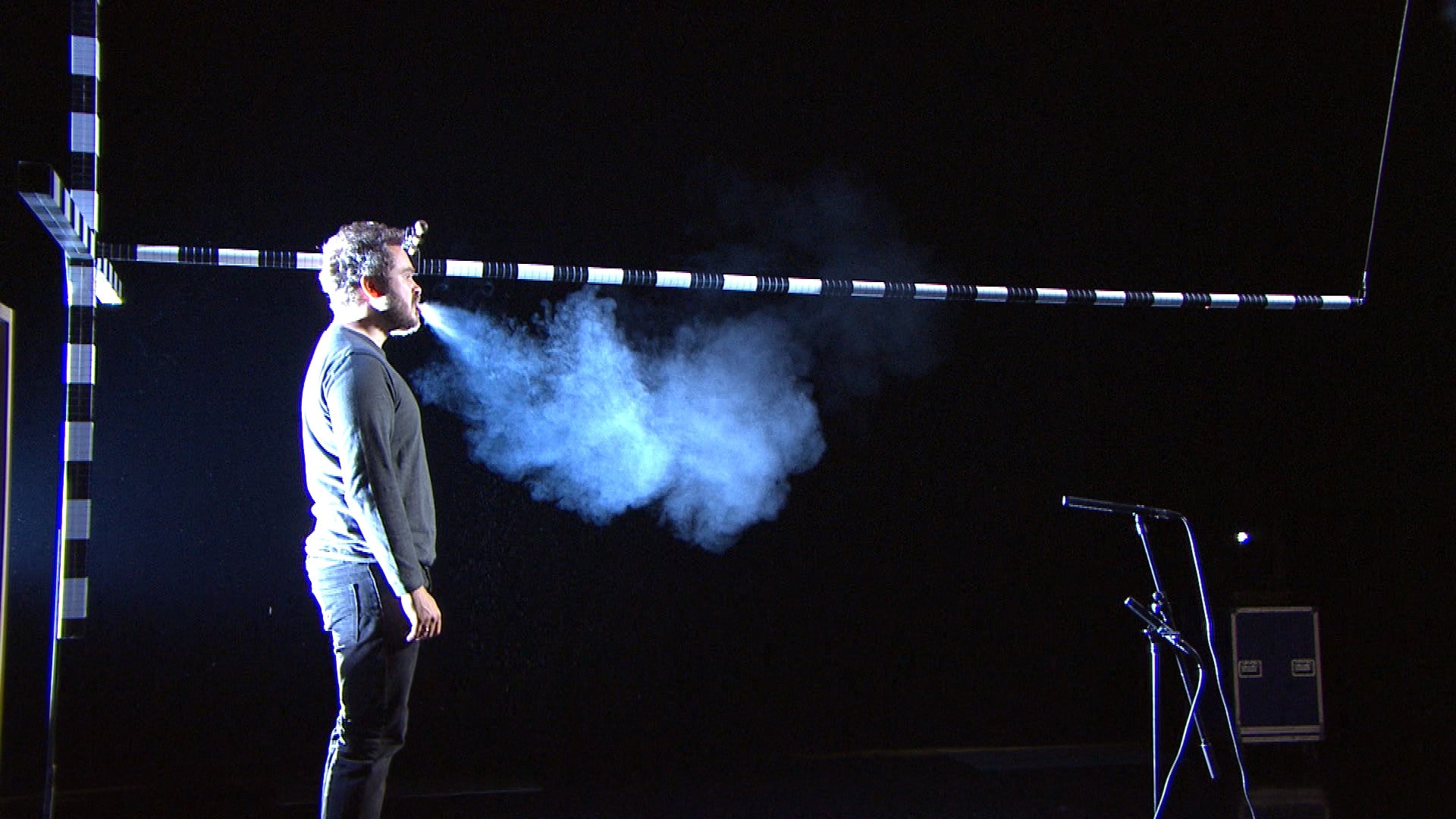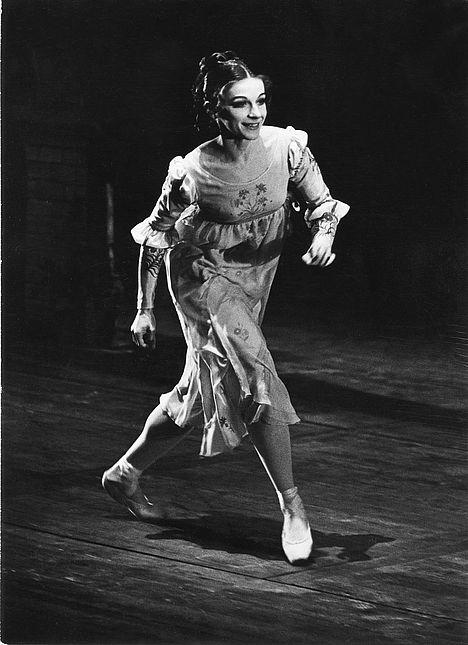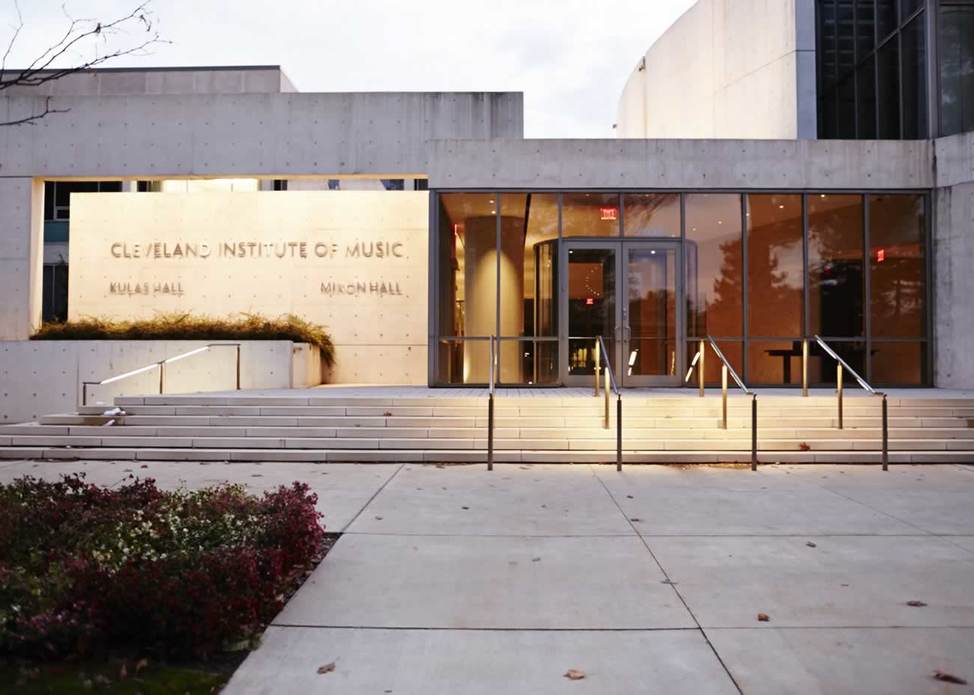Berlin study says opera is R-safe at 30% capacity
mainThe Technical University of Berlin has issued a study of relative risks of Covid transmission in public places.
It says the lowest risk of infection is in opera houses and theatres that are no more than 30 percent full.
For visits lasting less than two hours, the R value – the Covid transmission rate – is just 0.5. Anything under R=1 does not significantly increase the spread of the disease.
At 40 percent full, the R value rises to 0.6.
In both instances, the risk is lower than an hour-long masked trip to a supermarket.

Interview here.






Good and bad news here. Good news that performances in theaters are much safer than most everything else. Bad news that only 30% or 40% capacity (a boon for the Met: no one to turn way) gives a good result. Part of the pleasure of going to the theater is the shared experience–the thunderous applause of a full house or the knowledge that not an eye is dry.
Lets not forget about the musicians in the pit. 1/3 of them cannot wear masks while they are playing, so I would consider that not safe for that group. Not to mention that wearing a mask is no guarantee of safety. If one of the wind players were to be infected (do they test regularly?) that player could end up being a super spreader.
There are also the dynamics of how you move the audience in and out of the hall and common spaces (such as the bathroom) safely. In older halls especially, entrance ways, corridors, and stairwells tend to be pretty narrow.
Having had a mild case of COVID that I likely got through my mask, I think I can speak with authority when I say: stop trying to reopen concert halls until a lot more people are vaccinated, and donate money to arts institutions to support them.
While I do not disagree with you, I would like to say that, having witnessed a concert in Salzburg last summer, there ARE ways of managing the dynamics of the audience movements, and around common spaces, and these ways seem effective, as no infection cluster has been reported after performances in Salzburg or any other festival, or for that matter, after any performance in a theatre lately. In Salzburg, they closed the bars and foyers, and an army of ushers actually ushered you to your seat, reminding you frequently not to stop, not to stand in an awkward place where other peoples pass, and not to gather with other people. Once you got to your row, the staff very carefully made sure that said row was filled and emptied in progressive fashion, starting from the middle, so that no-one would actually pass in front of you to leave and exit the row. The seating was very carefully organised by the computer so you would never have anyone in front of you (tricky, when you have singles and couples in the hall). Announcements told you clearly to not remove masks during the performance and not to use a fan. There was no interval, which makes sense currently. And access to the toilets was very strictly and militarily controlled. I actually felt safe. I do not feel safe going to Waitrose’s. Or the post office. Or talking to my neighbour, even over the garden fence, when she comes back home with her kid collected from the nursery where he spends all day much closer to 100 kids than anyone would ever be in a theatre these days. I do not feel safe walking down our Main Street, where no-one wears a mask (are people aware that in some countries, masks are compulsory outdoors also?) and where no-one makes any attempt at veering off to avoid you on the pavement. And I do not feel safe going down my street with these gottverdammten joggers and cyclists who breath their germs into my face. Actually, performing arts venues would probably be amongst the safest places these days, if they were open. And I am vulnerable, by the way, and excessively careful about covid, and frightened.
To be honest, I suspect many musicians (especially those who are younger and without underlying conditions) would prefer the risk of being exposed to COVID-19 in an infected pit to being trapped at home in a spiral of depression occasioned by endless lockdowns and complete lack of **live** gigs for months on end (online performances are just not the same). Having said that, it is still incumbent upon management to consider proportionate and straightforward steps to reduce virus transmission — the most obvious step would be to ensure that the pit (and backstage areas) is cleaned regularly and ventilated thoroughly before the show and maybe during the interval (it would probably be unacceptably distracting to run powerful fans and keep doors and windows open during the performance itself).
Indeed you are correct, as with others segments of the population, the young and the un-vulnerable would not care, selfishly. But a 50 year old musician? And one with a condition? My neighbour is a horn player with one of the big symphony orchestra, and he is indeed very scared about losing so many concerts, but he is most certainly not keen on going back as long as there is danger.
Another point of your comment: many young musicians would prefer the risk of being exposed to covid, yes. But what about the risk of then exposing others to it? Anyone who is exposed to covid runs a risk, but most importantly, they then take an even greater one by potentially infecting other people. Shall we try and think of others?
I see you mention “the most obvious step” to take: actually, the most obvious step to take concerning artists is what is now being done in Spain and in other countries where performances still happen: to run (at the promoter’s expenses, of course) compulsory testing of all musicians and staff, with these fast 1hour tests, constantly, during rehearsals, and upon entering the building before every performance.
[Shall we try and think of others?] Physician, heal thyself. There’s a whole world of suffering beyond the comfy lockdown bubble of us work-from-home bums.
Funny that you mention Spain. A good friend of mine works in one of the orchestras there. She told me that the orchestra members were tested once. In June 2020. They haven’t been tested since. Meanwhile there have been various cases of covid in the orchestra. They have been up and working since June. I guess that protecting the musicians isn’t number one on the manager’s priority list.
Exactly! A miserable operatic experience at 30% capacity, hardly economically viable, hardly affordable, and then all masked up with the bar closed.
So the bar is so important, really? There was no bar and no interval in Salzburg last summer. It was indeed a bit sad. But who cares? The important thing was to attend live music. If it has to be with 30%, then it has to be so…
As true of classical as it is of rock. Or just music.
https://www.theatlantic.com/culture/archive/2020/05/dave-grohl-irreplaceable-thrill-rock-show/611113/
Finding 12 violas that could operate at 100% capacity would be a real challenge……
“In both instances, the risk is lower than an hour-long masked trip to a supermarket.”
So many variables here. Points to the immense challenge of scientific studies.
As ever, Germany (and South Korea with the aid of their brilliant test and trace) is at the forefront of studies and for this we are all grateful.
An hour long trip to a supermarket??!! I’d need counselling after that one!
I’m never in a supermarket for an hour! I go with my list, buy and getout on 20 minutes tops, pandemic or not!
Thank you for that piece of information. Indeed 30% is very little, but it is better than being closed down, obviously. Frankly, the few concerts I was able to attend since the covid crisis have persuaded me that presenters are capable of taking such measures as will indeed limit the risk greatly, much, much more so than supermarkets, schools (which were shamefully left open for a very long time in this country, and nurseries still are open) and many other places that are allowed to operate and where restrictions are not applied or loosely so.